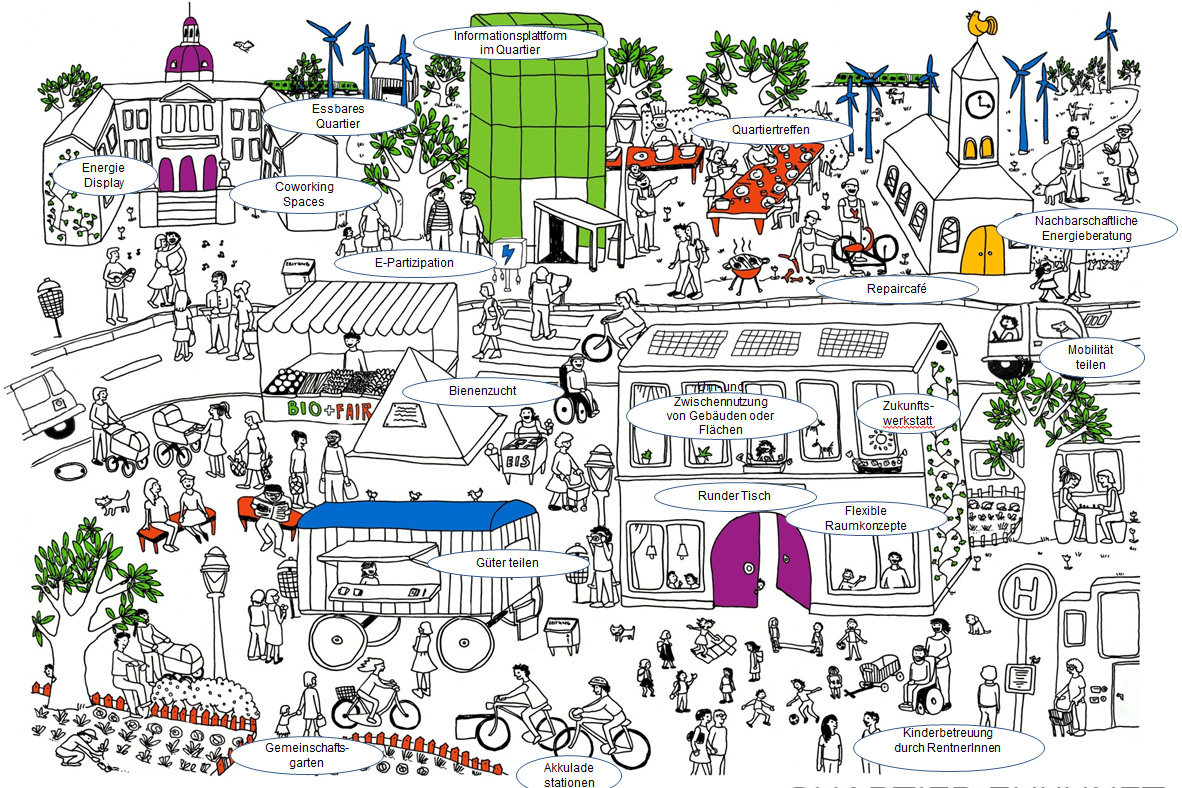
Urbanization has a formative effect on the world economy and society, on people’s quality of life, on the future of democracy, as well as on the global consumption of resources and energy – and thus on the future of the Earth as a whole. Cities offer many opportunities for cultural, social and economic development, and for improving resource and energy efficiency. In this module the required Natural Resource Management in Urban Areas shall be addressed with regards to Agrofood Systems, Biodiversity & Ecosystems, and Ecological Engineering.
The students get to know, understand and reflect the basic idea of urban concepts, such as 'smart sustainable city' - the intelligent and future-oriented city, with the most important challenges and systems (amongst others urbanisation, urban ecology, urban gardening, sustainable urban food systems, urban energy and transport planning, smart urban isles, new metropolitan mainstream, good governance, stakeholder processes, urban transformation) as well as technologies.
In group works the acquired competences will be applied to analyse specific action fields, but also to develop future visions and measures in support of the transformation of communities and towns into a smart sustainable level.
- ZHAW Teacher: Stephan Brenneisen (N Lehr- und Forschungspersonal)
- ZHAW Teacher: Vicente Carabias-Hütter (T Professor)
- ZHAW Teacher: Adrian Kammer (T Lehr- und Forschungspersonal)
- ZHAW Teacher: Jan Landert